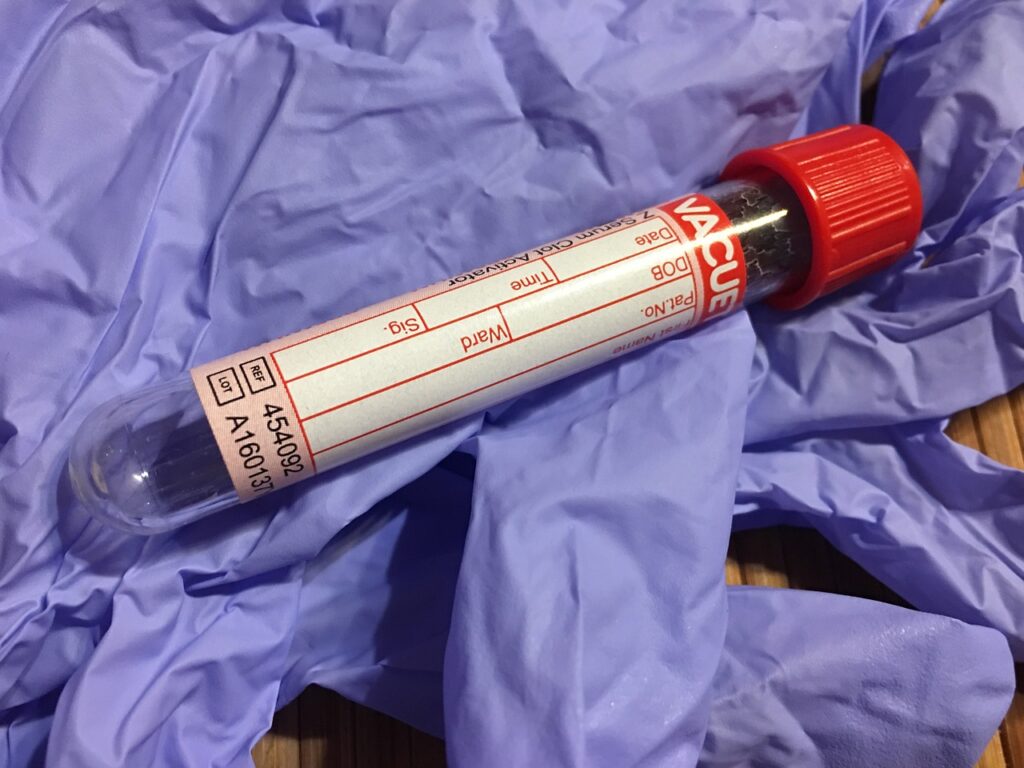Advisors to the U.S. Food and Drug Administration recommended approving Guardant Health’s blood test for detecting colon or rectal cancer, with a vote of seven to two in favor of its benefits outweighing risks. If cleared, Shield could be the second blood-based test for colon cancer in the U.S. after Epigenomics’ Epi proColon, approved in 2016.
Colon or rectal cancer affects around 150,000 Americans annually and ranks as the second-leading cause of cancer-related deaths, claiming over 50,000 lives each year. While colonoscopy is the current gold standard, its invasive nature leads to low adherence. Although feces-related tests like Exact Sciences’ Cologuard exist, blood-based tests are seen as more convenient. However, concerns were raised about Shield’s accuracy, particularly its ability to detect pre-cancerous tumors, with it only identifying 13% of advanced adenomas.
FDA staff reviewers highlighted this issue in documents released earlier. Guardant’s application was based on a study showing 83% sensitivity in detecting colorectal cancers, compared to Cologuard’s 92.3%. Charity Morgan, a panel member and professor at the University of Alabama, acknowledged Shield’s significance but cautioned about its potential to miss many cancers. Guardant Health’s executive, Victoria Raymond, stated that the test might need repeating every one to three years, emphasizing colonoscopy as the preferred option.

